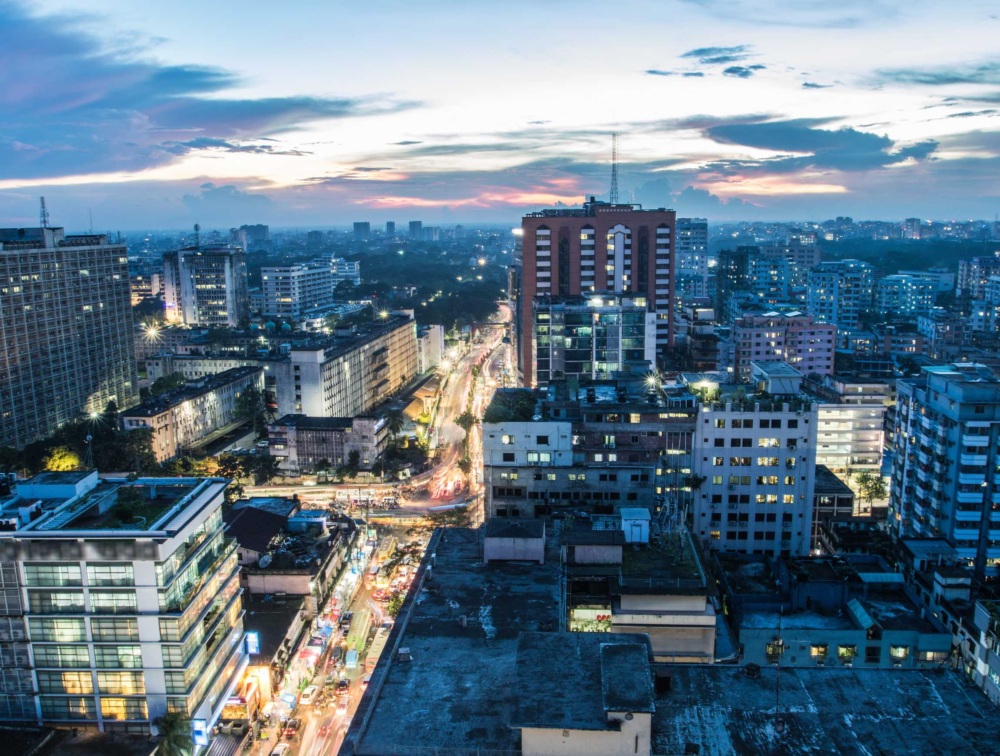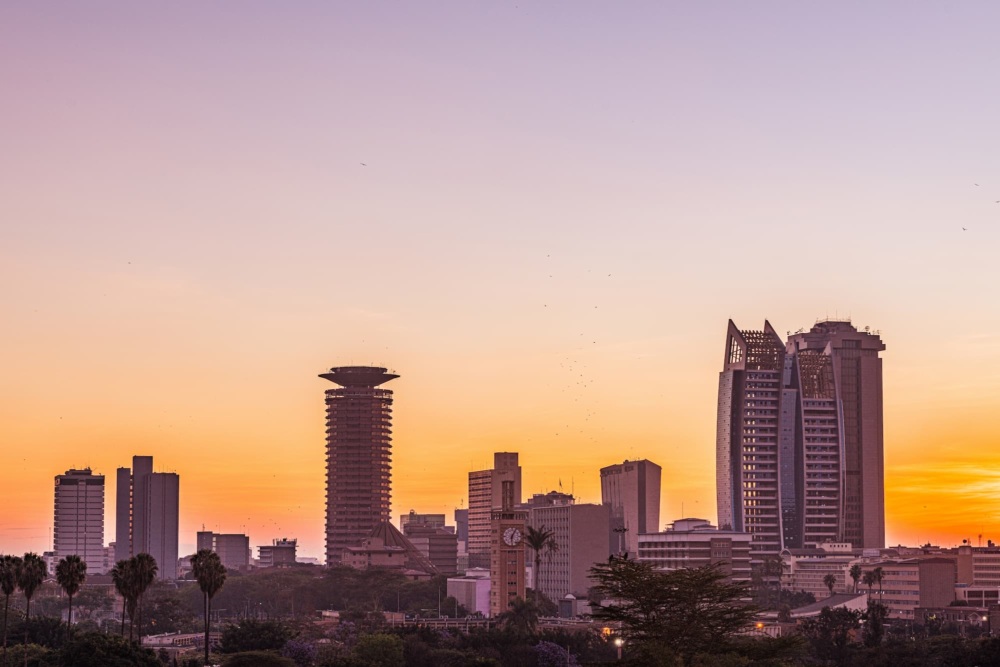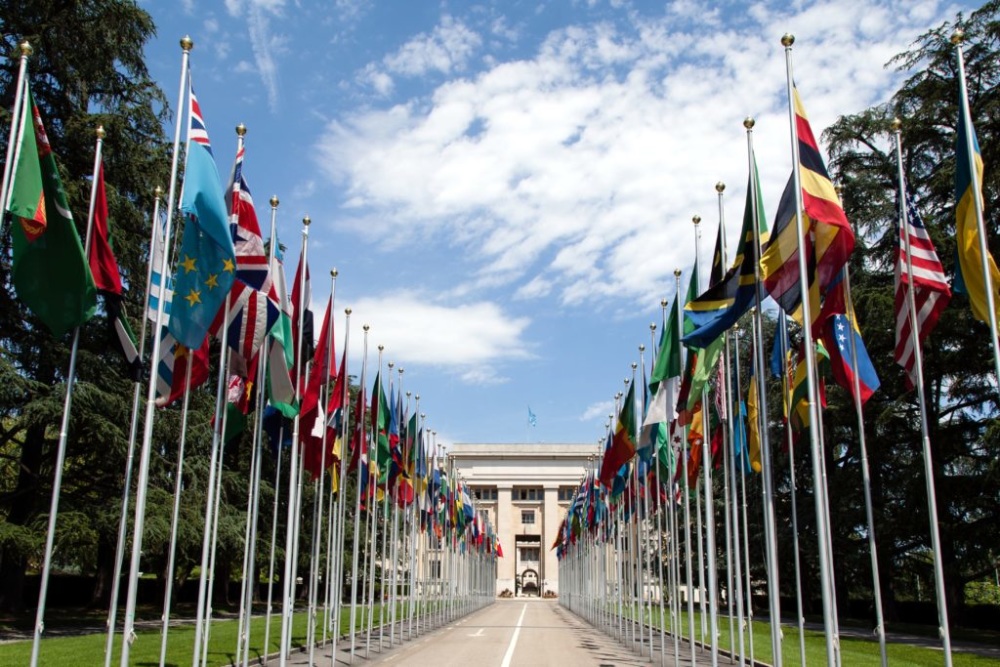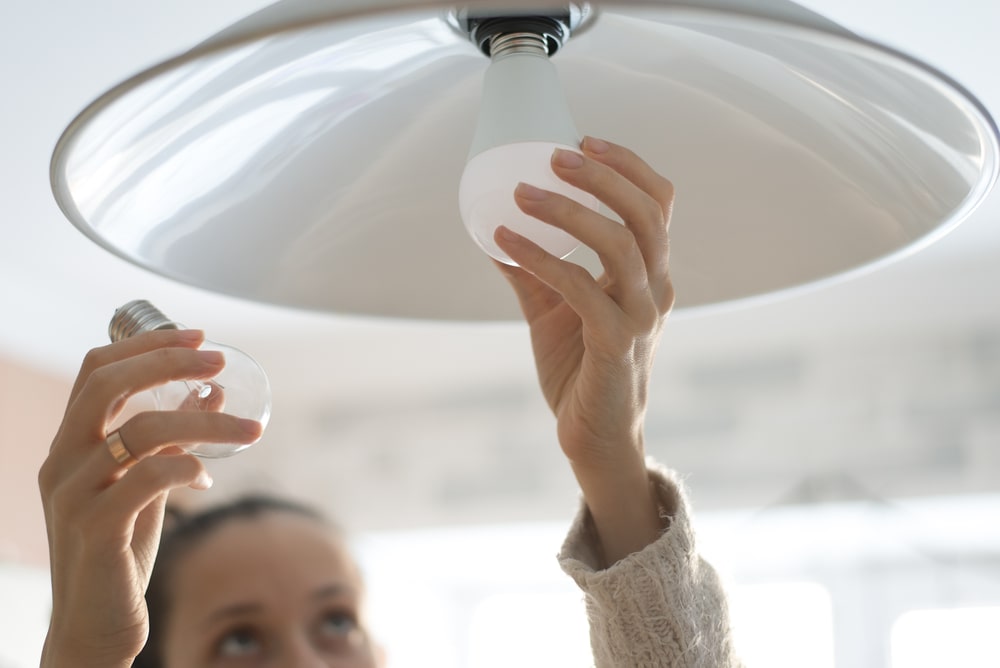Boosting Industrial Competitiveness in Pakistan
CLASP launches an industrial accelerator program in Pakistan to spur innovation and improve appliance efficiency.
To counter the cost of living crisis, soaring electricity tariffs, and acute natural gas shortages, Pakistan is embracing energy efficiency solutions including an industrial accelerator program across its economy. This is set to deliver reduced energy costs for consumers, reduced industry costs, and harness previously wasted energy.
Minimum Energy Performance Standards (MEPS) and equipment labels are viewed as key pathways to improving appliance and equipment efficiency in Pakistan. The National Energy Efficiency and Conservation Authority (NEECA) has developed MEPS and labelling policies for several appliances. However, lack of affordable, locally manufactured, energy-efficient appliances has hampered the widespread deployment of these efficiency requirements.
The Great Manufacturing Challenge
Manufacturing in Pakistan is typically labour-intensive and relies on highly skilled engineers. These skills have traditionally been acquired through on-the-job learning, and knowledge passed between generations, rather than through any formal academic training. While intergenerational knowledge transfer is valuable, it has limited the pace and understanding of new appliance designs, working practices, and production techniques. In fact, a number of local appliances still rely on designs and production techniques drawn from the 1950s and 60s.
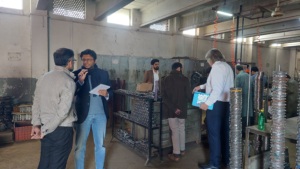
The Efficiency Gap: Water Heaters and Electric Motors
The local production of water heaters exemplifies this, with Pakistan-made models operating at 30% lower efficiency than international ones. Another concern is the 50-60% less efficient domestically produced electric motors. The consequence of this lack of technical innovation is appliance inefficiency, increased energy consumption costs for consumers and an energy burden in the national grid. It also hinders access to lucrative export markets for Pakistani manufacturers, as they are unable to produce contemporary appliances that meet international performance requirements.
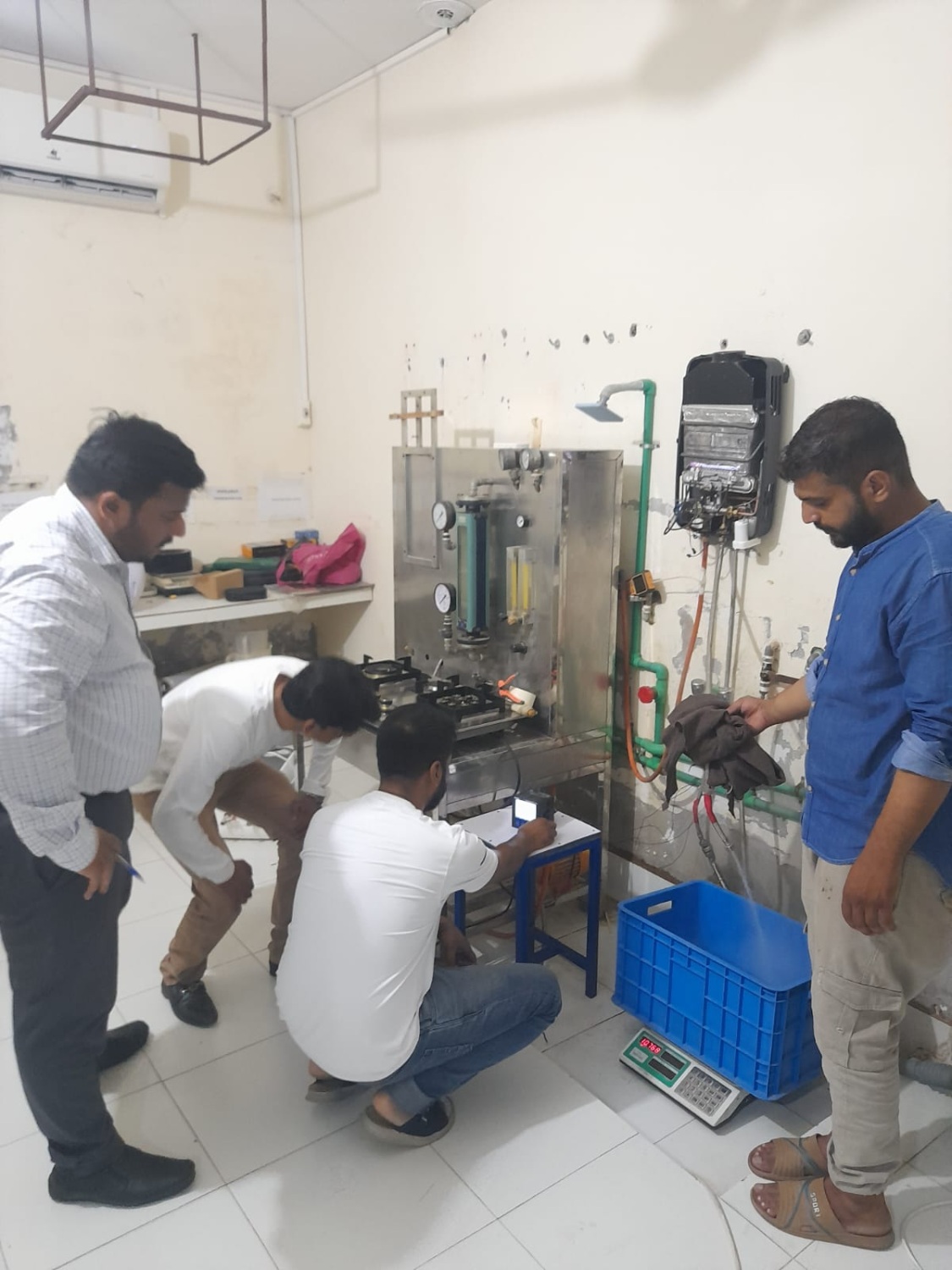
In response to manufacturing challenges, CLASP’s Industrial Accelerator (IA) program has emerged as a transformative initiative in driving the development and production of energy-efficient appliances within Pakistan.
CLASP’s Collaborative Solution: The IA Program
The IA is being undertaken in partnership with several producers from the Motor Manufacturers’ Association, Punjab-based testing facilities and a number of other public and private groups. Initially piloted in water heater and motor industries, the IA program aims to enable manufacturers to produce MEPS-compliant appliances for domestic and international markets.
Leveraging International Expertise
The IA program leverages international production and design experts to collaborate with local industry manufacturers. This is geared towards reimagining product designs, optimizing material sourcing, and revamping production practices – enhancing the energy efficiency of water heaters and motors.
Knowledge Resource Development
A key aspects of the IA program is the creation and dissemination of comprehensive appliance design guides and test briefs based on international standards and best practices.
To foster innovation, the IA program encourages appliance development and testing by manufacturers, nurturing a culture of continuous improvement and enhanced energy efficiency.
The IA program aims to strengthen manufacturer and national laboratory testing capabilities by collaborating with international laboratories – enabling manufacturers to accurately gauge appliance performance and meet energy efficiency standards.
CLASP’s IA program is focused on surpassing MEPS requirements to elevate the industry’s efficiency standards beyond compliance levels. This forward-looking approach equips both the water heater and motor industries to participate effectively in international markets where stringent efficiency standards are the norm.



